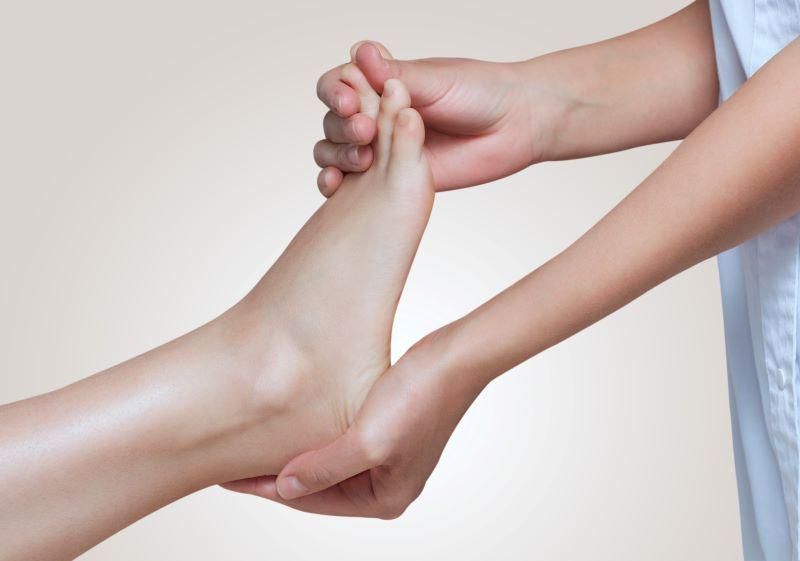
Researchers say they have developed a simple blood test that can spot biomarkers associated with bipolar disorder, potentially easing diagnosis. For the study, British researchers used both an online psychiatric assessment and a blood test to diagnose the condition. Many patients had previously been misdiagnosed with major depressive disorder. “People with bipolar disorder will experience… read on > read on >






























